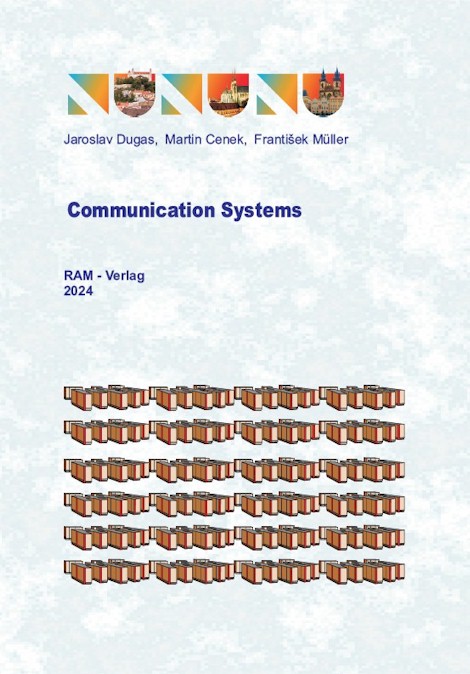|
 |
INTRODUCTION
Any communication should present the principal and integrating tool at managing whichever company, firm or institution, and also should serve for “connecting people” and their “harmonising”, quite obviously for the purpose of attaining desired objectives. With the Slovak and Czech republic accessing the European Union, the Slovak and Czech companies entered a more global, challenging and, especially, the most competitive environment, and if they intend to succeed within it they must be fully involved in the wide open space of the European educational mega-space and, at a time, must also catch up with the trends underway in implementing of communication systems often by following the pattern established by experienced Western partners. We are fully aware that in the recent years often encountered is the belief that the key to success in any competitive environment is to become as efficient in utilisation of abilities, knowledge, and creativity embedded into the own built communication systems as possible. Contrary to the past post-communist countries, seen and felt in the developed countries both much sooner and more intensively was a vast aggregate of important technical, technological, entrepreneurial, social, and economical forces that got reflected in changes in education that had and are still having indispensable effect on any managerial mindset that has, unfortunately, developed under pronounced dependency on the political and social life, and that was based as on its political and social events, so on the immediate environment within which were the managers deemed to live, act, perform and, mainly, to communicate.
Over time, the increasing globalisation and growing competition gave birth to a new philosophy and corporate communications management. Knowledge has been a new phenomenon of acquiring wealth based on the information and deployed communication systems, which begins increasingly influence the development of each institution. That any company could be adopting the most appropriate effective strategic decisions it is a must that it was exhaustively aware of its both internal and external environment, i.e. that it knew possible limitation of its strategic decisions. Based on this way formulated limitations, obvious for efficient adopting of possible strategic decisions is the primary role of continuous investigation and assessment of internal and external environments and con-trolled use of information and knowledge to their utmost, effective utilisation in their communication systems. And this is only possible solely if implemented, built and by practice proven as effective is a complex intelligence and information system.
However perfectly are the implemented communication system, growing along with enormously expanding volume of information is the need for sharp defining of distinguishing criteria. It is often a problem to differentiate between a reliable vs. manipulated piece of information, or between reliable sources vs. senseless ones. Though the ability to assess information falls into the category of being able to get oriented in the world of information, and while information assessing presents a significant constituent of information literacy, we can cut it short by saying that in question is the ability to classify and sort the needed information, which can be attained solely through a properly introduced communication system. On the other hand – as the availability of quality information for each senior managers varies, the managers who have access to such information are presumed to work better. There is a big assumption that the head managers can use this information to gain a competitive advantage, where the goal may be not only grasping new rare opportunities, but in today’s economic recession, unfortunately, it is very timely too – namely, elimination and mitigation of a variety of negative risks. The one who acquires information in advance and can make well use of them is capable of establishing conditions for supply of further information. And thus, timely, relevant, i.e. utilisable quality information flowing out of the communication system present seedbed of new competitive advantages and dreamed of successes in work too. To meet the point it is necessary to create such a communication environment the top priority of which is to acquire information, and to trade them.
The hereto monograph is intended for students of the economy science, and also for all those interested in the field of communication systems, in their modelling, designing and creating performance parameters appropriate for assessing contributions of in a company implemented communication system models. Further, it can become a convenient base and additional literature on the subjects of Information Management, Information Systems of Businesses, etc.
Authors
